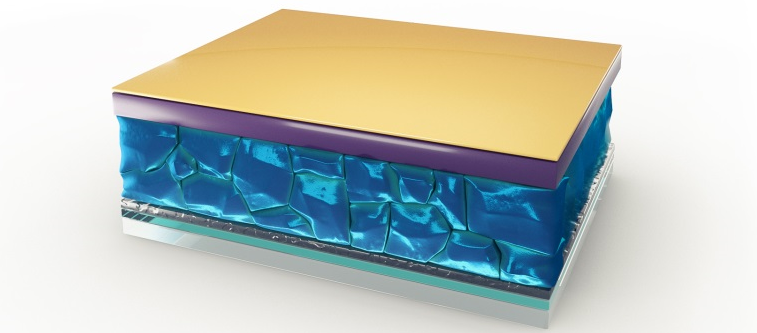Monday, 08 July 2019
The ICN2 joins a new European initiative to boost perovskite solar cell technology
The ICN2 has joined the European Perovskite Initiative (EPKI), recently established to foster collaboration between universities, research institutes and industries working on perovskite solar cells. Its aim is to accelerate and coordinate the development of this promising technology.

Perovskite Solar Cells (PSC) are bound to be the future of solar electricity production, due to their low fabrication costs and extraordinary efficiencies, which have overcome 24% -- becoming a strong competitor for current commercial silicon solar cells. The development of this technology is making tremendous progresses, nevertheless a few steps have to be completed for PSC to hit the market.
To boost this plan, a European Perovskite Initiative (EPKI) has been launched with the aim to gather European universities, research institutes and industries involved in the development of perovskite technologies to combine efforts and create stronger synergies. The ICN2 has joined this recently created platform and will contribute with the research activity of six groups: Nanostructured Materials for Photovoltaic Energy led by Prof. Monica Lira-Cantú, Ultrafast Dynamics in Nanoscale Systems led by Dr Klaas-Jan Tielrooij, Oxide Nanophysics led by ICREA Prof. Gustau Catalán Bernabé, Advanced Electron Nanoscopy led by ICREA Prof. Jordi Arbiol, Theory and Simulation led by Prof. Pablo Ordejón (with major involvement of Dr Miguel Pruneda in the project) and Advanced AFM Laboratory led by Dr Neus Domingo.
The objectives set for this European initiative, animated by Ronn Andriessen (director of Solliance Solar Research) and Louis Huber (independent consultant at Greensquare), are to write down a strategic document, which will converge in a European perovskite whitepaper, to start and support the next generation photovoltaic industrial projects and to facilitate joint-research programmes.
Recent researches have shown the very high potential of PSC, which make them a key technology for the near future of solar electricity production and, thus, for the development of sustainable and affordable energy generators. In this context, the European Perovskite Initiative -- which counts already more than 20 institutions -- will play an important role in boosting and accelerating the transfer of this technology from the laboratory environment to massive production.

